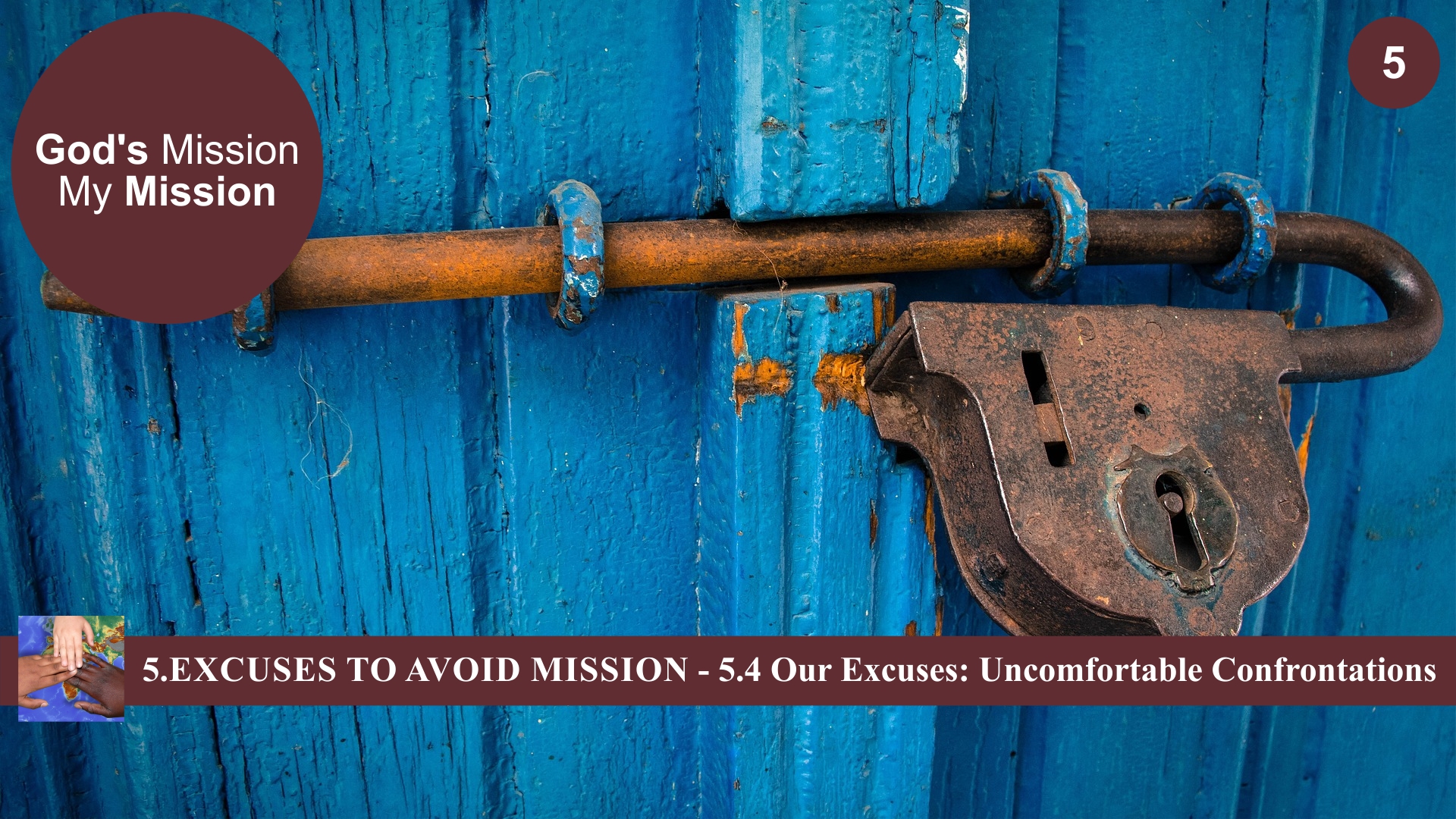

The deep inner conflicts and prejudices expressed in Jonah’s reaction to God’s grace for Nineveh – here are some thoughts on the key points:
-
Jonah’s hatred and prejudices: This section of the Bible clearly shows how deeply Jonah’s hatred and prejudices against the inhabitants of Nineveh were rooted. He harbored such a strong grudge against these people that he even wished for death when God’s judgment on the city was withheld. This reminds us of how prejudices and hatred can be deeply ingrained in our hearts and influence our view of the world.
-
God’s gentle rebuke: God confronted Jonah not only with a sermon or words but with a concrete experience in which a plant quickly grew and then withered. This experience was meant to help Jonah recognize his distorted worldview. It emphasizes how personal experiences are sometimes necessary to change our perspective and soften our hearts.
-
Valuing people: The commentary emphasizes how Jonah valued the plant more highly than the many thousands of people and animals in Nineveh. This highlights how easily we can focus on our own interests and comforts rather than considering the well-being of others. It raises the question of how we perceive God’s interest in the “wicked” and the unreached, and how we respond to it.
-
Challenge for us: Finally, the commentary challenges us to reflect on our own behavior and attitudes. How do we react to God’s interest in those we may consider “evil” or “unreached”? How do we deal with our own prejudices and feelings of hatred? Jonah’s unfinished story reminds us that God’s love and grace extend to all people, and He calls us to walk in His footsteps.
It highlights how deeply rooted prejudices and hatred can be in our hearts and how important it is to open our hearts to God’s love and grace in order to fulfill the mission of proclaiming and bearing witness to the entire world.
(Visited 42 times, 1 visits today)




















